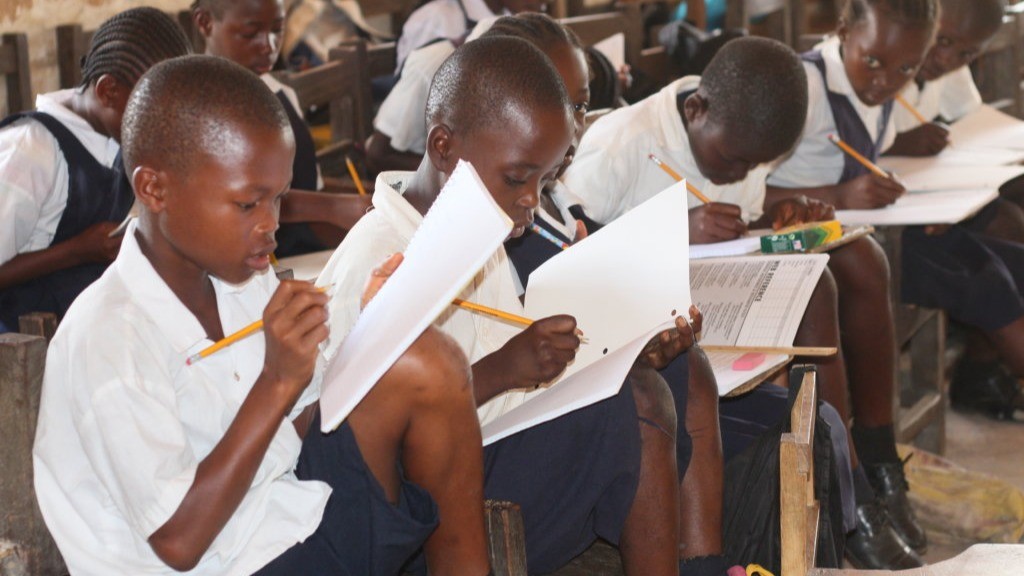Addis Ababa,
A new study has raised alarm over the future of education in Africa, warning that without urgent and sustained investment, millions of young people across the continent will be denied the skills needed to thrive in the 21st century.
The State of Education in Africa 2025 report highlights both progress and persistent challenges, noting that while enrollment rates have risen in recent years, learning outcomes remain dangerously low.
“The continent stands at a critical crossroads: the choices made today will determine whether Africa reaps the demographic dividend of its youth or faces deepening inequality and unemployment,” the report states.
Key Findings
According to the report, more than 100 million African children are still out of school, while millions more are in classrooms without acquiring basic literacy and numeracy. Despite government commitments, funding gaps remain wide.
The study found that only one in five African children meets minimum reading proficiency by age 10, while teacher shortages and outdated curricula continue to undermine progress. Rapid population growth is expected to add pressure, with an estimated 100 million additional school-age children by 2035.
Barriers to Quality Education
The report identifies several barriers, including inadequate infrastructure, lack of digital connectivity, and limited teacher training. Conflict and displacement further exacerbate inequalities, leaving millions of children in fragile states without stable access to education.
“Africa cannot afford an education crisis of this magnitude. Governments must act decisively to close the investment gap and align education with the skills demanded by the modern economy,” the writers warn.
Opportunities and Recommendations
Despite the sobering outlook, the report points to opportunities. It notes that innovative approaches from digital learning platforms to public-private partnerships can help expand access and improve outcomes.
The authors recommend that African governments prioritize early childhood education, invest in teacher professional development, and adopt technology-enabled learning as part of national strategies.
“The future of Africa’s prosperity depends on transforming its classrooms today,” the report concludes.


